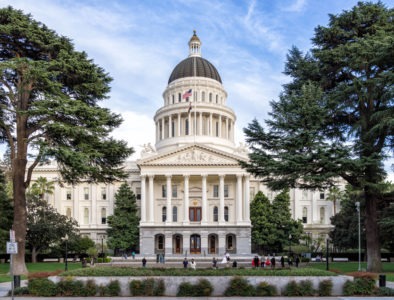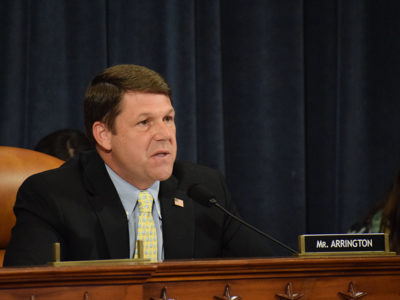We use cookies to provide you with a better experience. By continuing to browse the site you are agreeing to our use of cookies in accordance with our Privacy Terms and Cookie Policy
ARTICLES
Daybreak West March 21: Ag defends LCFS update
03/21/25 8:30 AM
By Brad Hooker, Chloe Lovejoy, Rebekah Alvey, Oliver Ward, and Noah Wicks
Read More
Daybreak March 20: Reciprocal tariffs could undermine egg efforts
03/20/25 10:00 AM
By Rebekah Alvey, Oliver Ward, Noah Wicks, and Philip Brasher
Read More
China’s economic slump, uncertain trade weigh on U.S. cotton
03/19/25 6:05 AM
By Oliver Ward
Read More
Daybreak March 18: Ag industry's economic impact pegged at $9.5T
03/18/25 11:34 AM
By Noah Wicks, Rebekah Alvey, Oliver Ward, and Steve Davies
Read More










